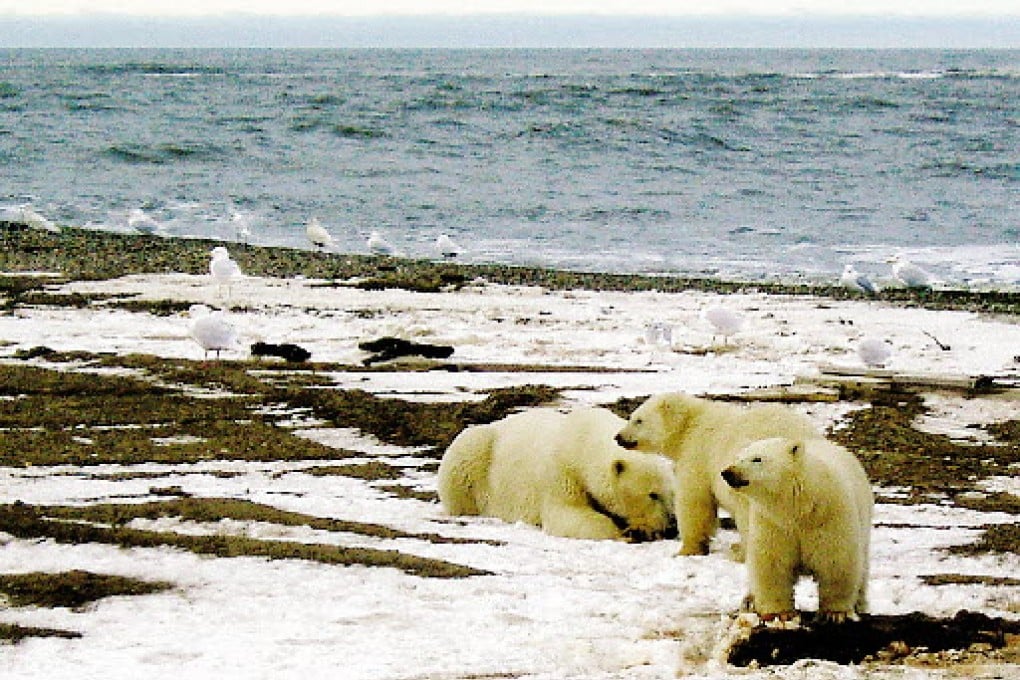Cold, hard truths of climate change are catching up with us
Kevin Rafferty fears even stark warnings of unpredictable change won't push us to curb emissions

The discovery this month of a dead polar bear consisting of little more than a sad rug of skin and bones, lying on the earth at Svalbard far north into the Arctic, should be a worry, and a warning that precious life on earth is being threatened by thoughtlessness and the greed of powerful politicians and commercial interests.
It is only going to get worse. The bear starved to death, a victim of the melting Arctic ice: it did not have the sea ice from which to hunt seals, so it had to wander far and wide in a vain search for food.
The Arctic melt is happening so fast that some respected scientists warn that, as early as 2015, the ocean will be ice-free in the summer. The devastating consequences will include uncomfortably rising temperatures, disruption to crop patterns and high seas that could threaten Guangzhou, London, New York, Osaka, Shanghai and Sydney, not to mention low-lying Pacific island states and much of Bangladesh.
Politicians are working at the proverbial speed of glaciers (before climate change started)
One important scientific report that attempts to measure the damage to the earth will come next month from the Intergovernmental Panel on Climate Change, the Nobel prize-winning UN panel of experts.
According to leaked reports of an unfinished work that will be further modified by argument, the panel will report that it is at least 95 per cent likely that human activities, mainly the burning of fossil fuels, are the main cause of global warming.
This is up from the 90 per cent certainty at the time of the last report in 2007, the 66 per cent in 2001 and just over 50 per cent in 1995. It is tempting to say, Big Deal, but what is being done about it?
Professor Reto Knutti, of the Swiss Federal Institute of Technology in Zurich, was quoted as saying: "We have got quite a bit more certain that climate change is largely man-made." However, he added: "We're less certain than many would hope about the local impacts."
He also ducked questions about the impact on crops, fish stocks and other practical implications. "You can't write an equation for a tree," he said, poetically summing up the failure to take practical action to prevent us all baking.